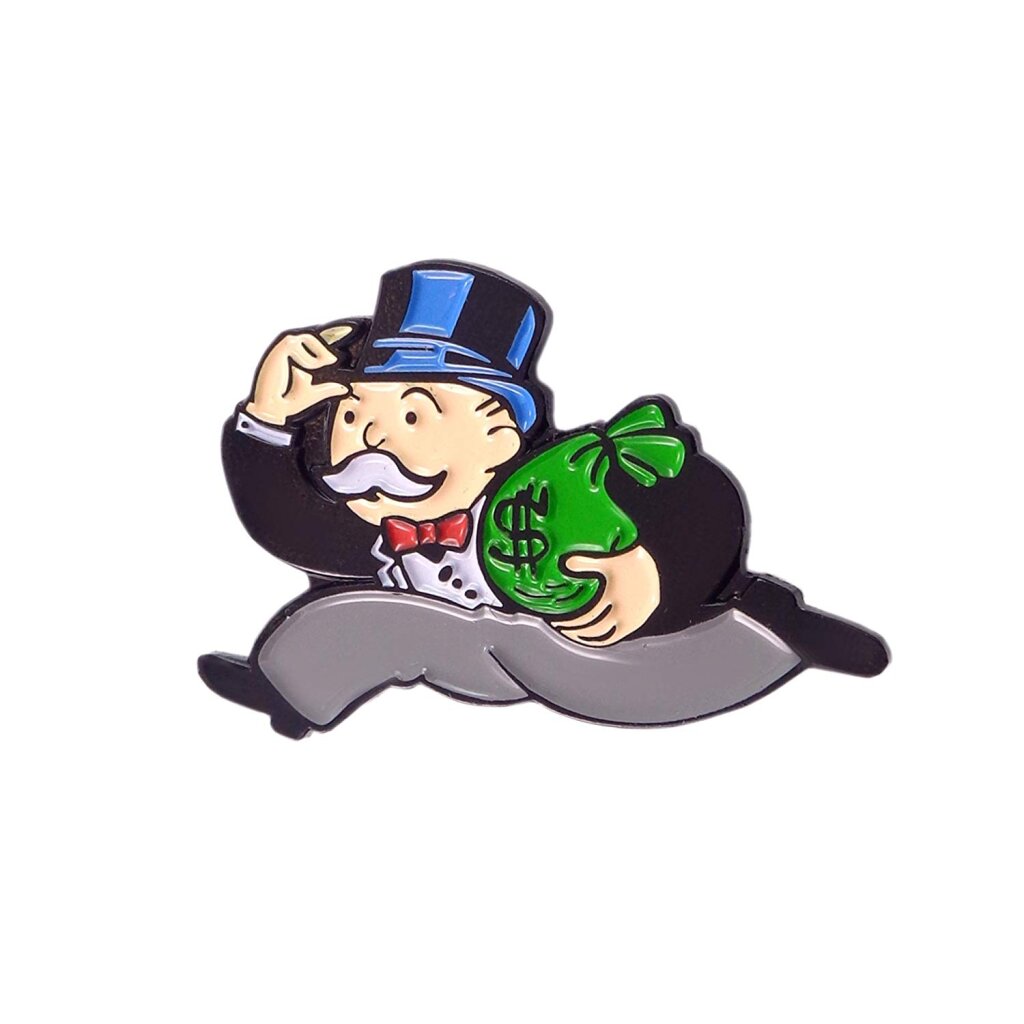This post is part of Chapter 2 of Russia’s Alien Nations: The Secret Identities of Post-Socialism, an ongoing feature on All the Russias, as well as . It can also be found at russiasaliennations.org. You can also find all the previous entries here.
The collapse of the Soviet Union left Russians with a surprisingly impoverished vocabulary for describing social class. In this regard, as in so many others, Russia and America play the role of decidedly non-identical twins. The United States, with its national myth of individual initiative and complete social mobility, not to mention its historical preoccupation with race and skin color at the expense of class, has drained nearly all meaning from the phrase “middle class” by using it to include the majority of the populaton. Poll after poll shows people in the top 10 percent of the country’s wealth bracket identifying themselves as middle class, while proposals to increase the tax burden on the superrich for the benefit of the less fortunate inevitably invite charges of “class warfare.”
The Soviet Union, on the other hand, was supposed to be the land where class warfare had been openly waged, and one class triumphed: the proletariat. The “dictatorship of the proletariat” was meant to give rise to a classless society. In the absence of capitalists, class would presumably become irrelevant.
Clearly, this was not the case. While the salaries of factory workers and bus drivers could be greater than those of white-collar professionals with advanced degrees, social stratification remained, even if money was a less important component. The perks of being a party member, and in particular being part of the nomenklatura, were well-known: privilege expressed itself primarily in access (to better housing, to automobiles, to vacation resorts). Privilege was supposed to be earned, but often turned out to be inherited: the children of privileged homes lived lives that were far from the Soviet ordinary. Access, like property, can be handed down the generations.
So when the Soviet Union collapsed, it was not a matter of total equality being replaced by unheard-of stratification. Indeed, one complaint commonly heard was that those with access before 1991 became the ones with money and property after 1991: Party and Komsomol networks were resources to be exploited, and people in powerful positions were able to direct the spoils of privatization into their own coffers. The end of communism was like a game of musical chairs: if you found a comfortable seat for yourself at an opportune moment, you could become a winner.
The Soviet system did not end inequality, but it sharply limited both the range of inequality and its visible manifestations. As Alaina Lemon notes in Technologies for Intuition: Cold War Circles and Telepathic Rays, Western accounts of the grayness and deprivation of late Soviet life were conditioned by the relative economic privilege of the visitors themselves, who were more likely to be comparing Soviet living conditions to comfortable, middle-class Western lifestyles than to the lot of the working poor (an observation that Lemon’s own working class background made obvious to her). The New Russians made the drastic inequalities of Russian capitalism not just visible, but unavoidable. Like the caricatured capitalists of 1920s Soviet propaganda (whose top hats and tails made them look like they stepped out of a game of Monopoly), the New Russians embodied unfair, unearned wealth that flaunted itself at every opportunity.
But where the capitalist fat cat of the 1920s was a class enemy to be extinguished, what was the role of the New Russian? If the 1990s was simply the beginning of capitalist accumulation, could the New Russians be legitimately be considered the beginning of a new social class? From a Marxist view, casting them in class terms might be both obvious and depressing, as a harbinger of even greater exploitation to come. But a capitalist class framework also held out the possibility for a limited kind of optimisms. If the New Russians were analogous to 19th-century American robber barons, then eventually they might settle down, throw off some of their most offensive attributes, and (re)join civilization as philanthropists and job creators. The New Russians might be an inevitable, but short-lived, step on the path towards a capitalist radiant future.
The question of social class becomes one of temporality: did the New Russians have a future? And, if so, what would it be?
Next: The Road to Serfdom



